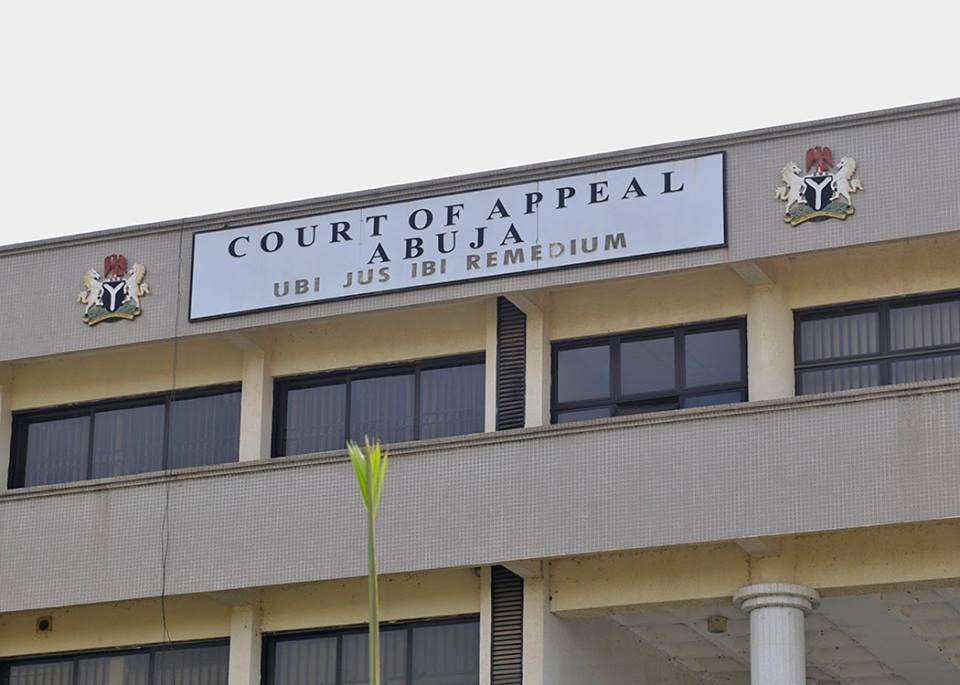Nnamdi Kanu, the troubled leader of the outlawed Indigenous People of Biafra, has been released by the Appeal Court in Abuja.

The Federal High Court lacks the jurisdiction to trial him, according to a three-person panel of the Court of Appeal, given his kidnapping and extraordinary rendition to Nigeria in flagrant violation of the OAU treaty and protocol on extradition.

The court determined that Kanu was wrongfully extradited to Nigeria in clear breach of international treaties because the 15-count charge against him did not specify the location, the day, the hour, or the nature of the alleged offences.
The court further ruled that despite the serious accusations against Nnamdi Kanu, the Federal Government had not made public the location of his arrest.
The court further ruled that despite the serious accusations against Nnamdi Kanu, the Federal Government had not made public the location of his arrest.
The Federal Government is suing Kanu before the Federal High Court in Abuja for 15 counts of offences including treasonable felony and terrorism that he is said to have committed throughout his separatist efforts.
Mr. Kanu has frequently demanded that a sizable portion of southern Nigeria secede in order to establish the Republic of Biafra.
On an 11-count indictment that included “terrorism, treasonable felony, operating an unlawful society, publication of libellous content, illegal possession of firearms, and improper importation of items, among others,” he was taken into custody by Nigerian officials in October 2015.
After the military invaded Kanu’s residence in Afara-Ukwu, close to Umuahia, Abia State, in September 2017, he fled the nation despite being granted bail in April 2017 for medical reasons.
Later, he continued to organise his supporters in Nigeria to use violence to achieve secession after being seen again in Israel.
Recall that the IPOB leader had submitted an 8-point plea through his attorney, Aloy Ejimakor, regarding a purported Federal Government attack on his country residence and an extraordinary rendition from Kenya.
The infamous unlawful expulsion or extraordinary rendition of Nnamdi Kanu, which is alleged to be a violation of his fundamental rights under Article 12(4) of the African Charter on Human and Peoples Rights as well as Chapter IV of the Nigerian Constitution, is what the case seeks to address, according to Ejimakor.
He pleaded with the court to address the several wrongs committed during the rendition, including the use of torture, illegal detention, and denial of the right to a fair trial, which is necessary by law before anyone is sent from one nation to another.
On June 25, 2021, Kanu was once again taken into custody, this time in Kenya, and brought back to Nigeria to stand trial. At the Federal High Court in Abuja, Kanu and his co-defendant are accused of committing a treasonable offence.
The Department of State Services has had custody of him for 15 months.
In March of this year, Kanu’s extraordinary rendition lawsuit was submitted to the court.




















